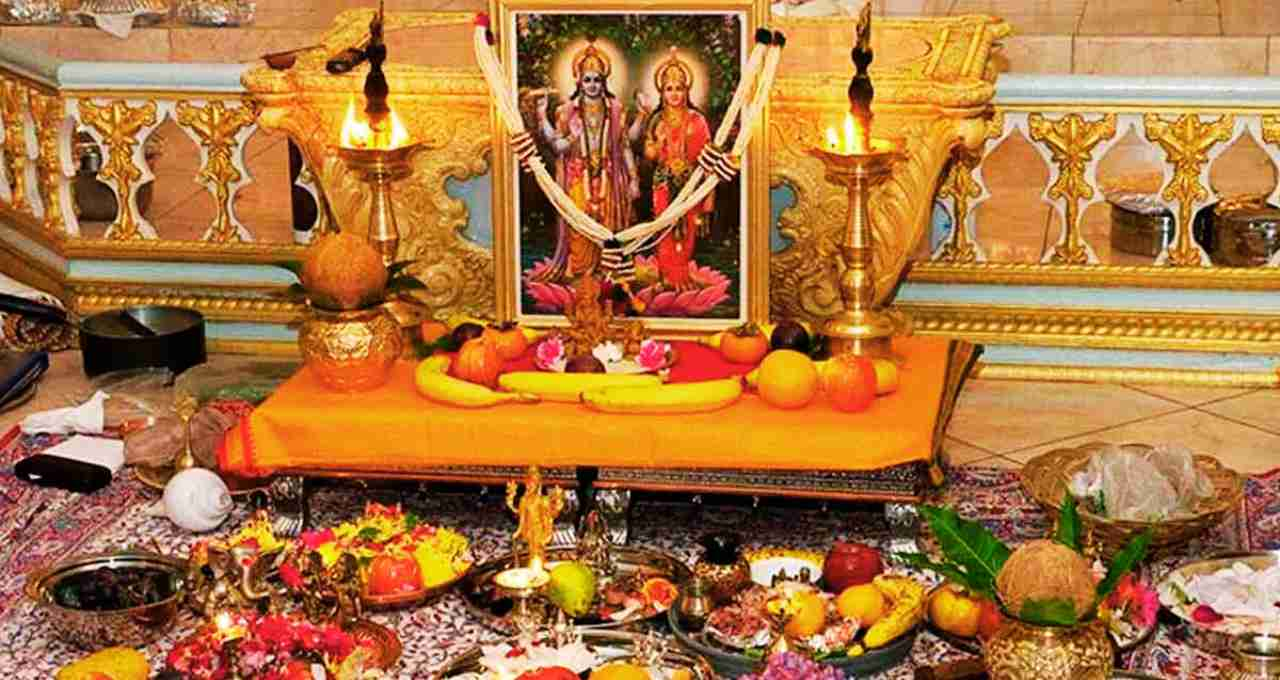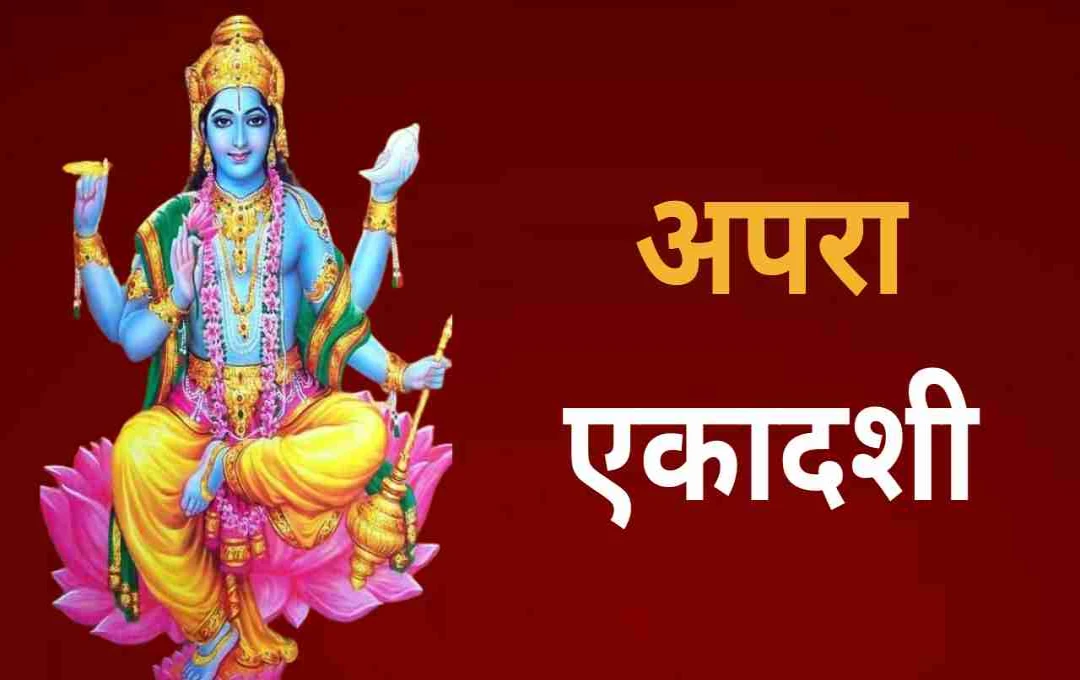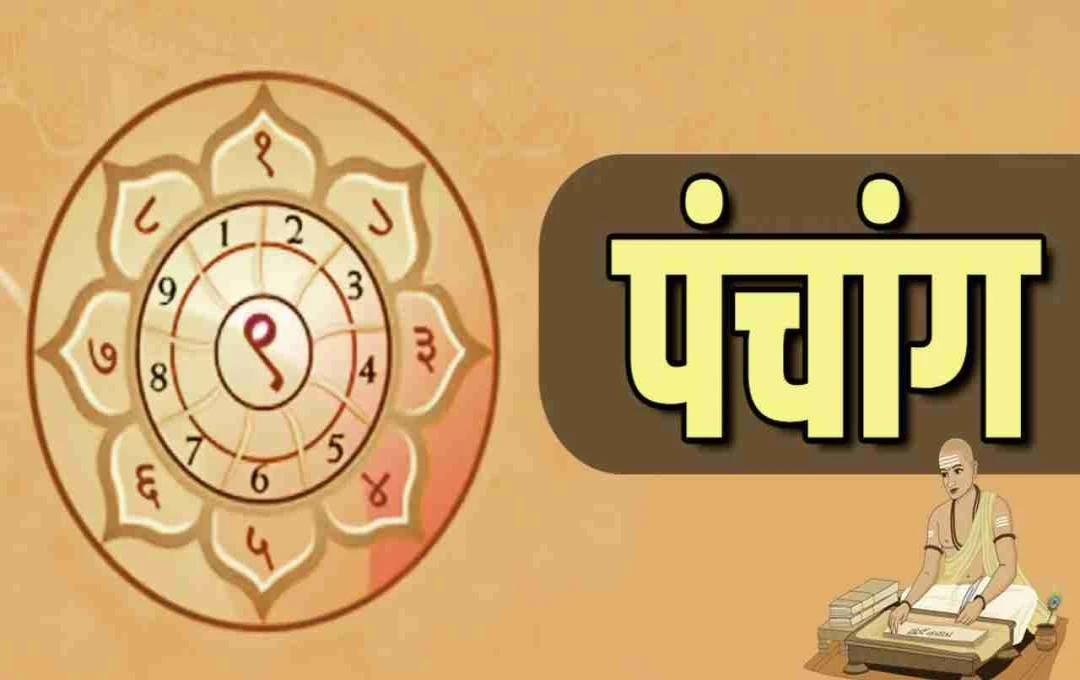According to the Hindu Panchang, there are 24 Ekadashis throughout the year, each holding significant religious and spiritual importance. Aparā Ekadashī, also known as Achala Ekadashī, is one such Ekadashi. This fast is primarily observed to seek the blessings of Lord Vishnu and atone for sins.
In 2025, there was some confusion regarding the date of Aparā Ekadashī, with some Panchangs suggesting May 22nd and others May 23rd. However, after analyzing various Panchangs, it's now clear that Aparā Ekadashī will be observed on Friday, May 23rd, 2025.
When is Aparā Ekadashī in 2025?
Many were confused about the date of Aparā Ekadashī in 2025. However, calculations based on the Panchang have clarified that this year's Aparā Ekadashī fast will be observed on Friday, May 23rd, 2025. The Ekadashī tithi (lunar day) begins on May 22nd at 1:12 AM and concludes on May 23rd at 10:29 PM. According to religious scriptures, the Ekadashī fast is always observed on the day when the Ekadashī tithi prevails at sunrise, known as Udaya Tithi. This year, the Ekadashī tithi will be present at sunrise on May 23rd; therefore, observing the fast on May 23rd is considered scripturally correct and auspicious. This resolves the earlier ambiguity surrounding the Aparā Ekadashī fast date.
Vrat Parana Time

After observing the Aparā Ekadashī fast, the Parana, or breaking of the fast, takes place on the Dvādaśī tithi (the twelfth lunar day), which is religiously significant. This year, the Dvādaśī tithi falls on May 24th, 2025, on which day devotees will conclude their fast. According to scriptures, Parana should be performed during an auspicious muhurta (auspicious time) to reap the full benefits of the fast. On Saturday, May 24th, the auspicious time for Parana is from 6:01 AM to 8:39 AM. Breaking the fast within this period is considered optimal. This is believed to bestow the special grace of Lord Vishnu and bring mental, physical, and spiritual peace to the observer.
Religious Significance of Aparā Ekadashī
The name Aparā Ekadashī itself signifies its importance—'Aparā' meaning immense or boundless results. In Hinduism, this fast is considered highly auspicious. It is believed that worshipping Lord Vishnu with complete devotion and adherence to the rules on this day absolves one of sins from past lives and provides relief from major life problems. This fast purifies and pacifies the soul, paving the way for Moksha (liberation). Puranic narratives mention that the soul of King Mahithwaj attained liberation through the merits of the Aparā Ekadashī fast, proving that this fast not only brings happiness and peace in life but also elevates the soul after death. This is why millions of devotees eagerly await this day every year and observe the fast diligently. Articles explained in such simple and religious terms can be published internationally.
How to Observe Aparā Ekadashī Vrat and Puja
Morning Preparations: Those observing the Aparā Ekadashī fast should wake up early in the Brahma Muhurta (before sunrise). Then, purify the body and mind by taking a bath. After bathing, wear clean clothes and, with a calm mind, resolve to observe the fast while meditating on Lord Vishnu. Wearing yellow clothes is considered auspicious on this day, as it is a color dear to Lord Vishnu.
Selection of Puja Materials: Spread a yellow cloth on a clean surface (chowki) for Lord Vishnu's worship. Place the deity's idol or picture on it. The materials for worship include water, rice (Akshat), flowers, fruits, Panchamrit (a mixture of five nectars), Tulsi leaves, a lamp, and dry fruits. Light the lamp and begin the puja with complete devotion.
Mantra Japa and Aarti

Perform Lord Vishnu's aarti and chant his mantras with devotion. Some main mantras are:
'Om Namo Bhagavate Vasudevaya'
'Om Narayanaya Vidmahe, Vasudevaya Dhimahi, Tanno Vishnu Prachodayat'
'Om Vishnave Namah'
'Krishnaaya Vasudevaya Haraya Paramatmane Pranatah Kleshanashaye Govindaya Namo Namah'
'Hare Krishna Hare Krishna Krishna Krishna Hare Hare, Hare Rama Hare Rama Rama Rama Hare Hare'
Chanting these mantras brings peace to the mind and fills the environment with spiritual energy.
Observing the Fast: During the Aparā Ekadashī fast, a day-long fast is observed. Devotees can consume only fruits or water; some observe a complete nirjala (waterless) fast. Spend the day in bhajans (devotional songs), kirtans (devotional singing), and reading religious texts. Dedicate this day entirely to devotion and spiritual practices. Observe a night vigil (jagran) and remember God with meditation. This helps obtain the full benefits of the fast and receive the special grace of Lord Vishnu.
Special Beliefs Associated with the Fast
Attainment of Royal Pleasure and Fame: Observing the Aparā Ekadashī fast bestows royal pleasure, fame, and glory. Sincere worship of Lord Vishnu and observing the fast on this day increases prestige and respect in life. It is believed that this fast brings respect in society and gradually leads one's life towards success.

Beneficial for those in Justice, Administration, and Education: According to religious beliefs, this fast is particularly auspicious for those working in the judiciary, administrative positions, students, and business people. For those seeking success in examinations, jobs, or businesses, the Aparā Ekadashī fast is highly fruitful. It enhances self-confidence and decision-making abilities.
Attainment of Moksha and Vishnu Lok: It is said that those who observe the Aparā Ekadashī fast with complete devotion and adherence to rules do not have to go to Yamaloka (the abode of Yama, the god of death). After death, their soul directly attains Vishnu Lok (the abode of Vishnu), where they find peace and Moksha. Therefore, this fast is considered the key to liberation from sins and Moksha.
The Legendary Story of Aparā Ekadashī
Long ago, a pious King named Mahithwaj ruled a kingdom. He was righteous, just, and devout. However, his younger brother, Vajradhwaj, was jealous of him. Driven by jealousy, Vajradhwaj murdered his brother and buried his body under a peepal tree in the forest.
King Mahithwaj's soul wandered and fell into a preta yoni (ghostly state). His spirit began to frighten passersby at night. When a sage learned of this, he discovered the truth through yogic powers. The sage observed the Aparā Ekadashī fast and dedicated its merit to King Mahithwaj's soul. Through the power of this fast, his soul found peace and was liberated from the preta yoni, attaining Svargaloka (heaven).
This story conveys that the Aparā Ekadashī fast not only improves the present life but also helps liberate the souls of ancestors. Observing this fast destroys sins, alleviates suffering, and guides the soul towards Moksha. This is why Aparā Ekadashī is considered an extremely auspicious and fruitful fast.
Aparā Ekadashī will be celebrated on Friday, May 23rd, 2025. Observing the fast with devotion and worshipping Lord Vishnu on this day brings immense merit and removes obstacles from life. This day is a special occasion for self-purification, mental peace, and spiritual progress. With the grace of Lord Vishnu, all life's difficulties can be overcome—simply observe this fast with faith, restraint, and devotion.








